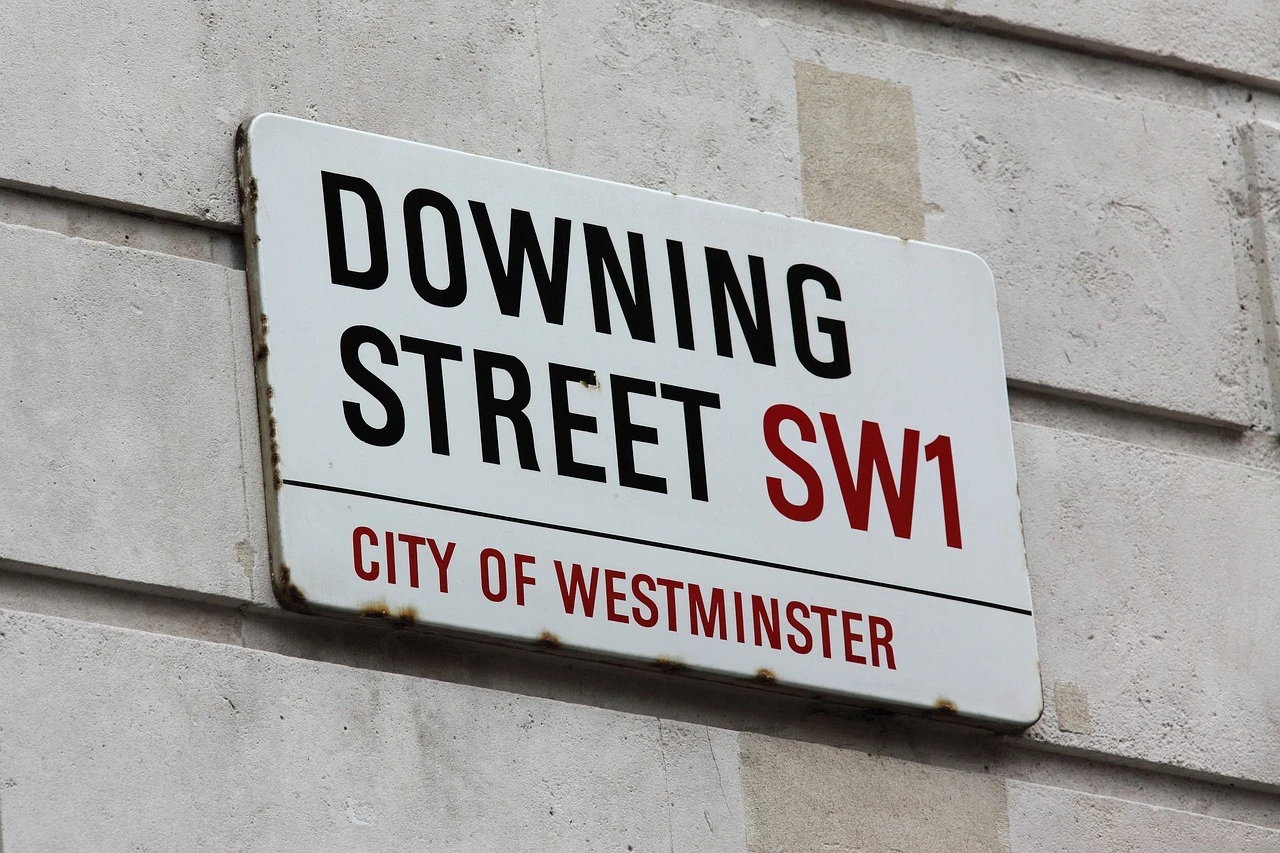BGC warns against “Trojan horse” gambling tax structure in Great Britain

During last week’s autumn statement, Hunt proposed bringing remote gambling under one tax. This would replace the current three-tax structure, but the BGC has blasted the plans.
At present, remote gaming duty is 21% of remote gaming profit. General betting duty is 15% of net stake receipts, comparable to gross profit from bookmaking. Pool betting duty is set at 15% of receipts.
Hunt said the government will consult soon over the proposals. He added that remote gambling would be defined as gambling offered over the internet, telephone, TV and radio.
However, the BGC has warned the mooted changes could have a negative impact on sports. The standards body said horse racing would be hit particularly hard, with higher taxes likely leading to lower margins. This may also mean fewer offers for punters and less funding to sponsor and promote the sport.
BGC chief: proposals a “hammer blow” to racing’s finances
As such, BGC chief executive Michael Dugher called for a rethink over the proposal.
“Any further new tax rises could be a hammer blow for horse racing’s finances,” Dugher said. “These are already threatened thanks to measures proposed by the government in the recent white paper.
“This is a sport which relies heavily on betting operators for its success, yet the government appears determined to draft in measures which shrink the industry with huge ramifications for other sectors, like horse racing.”
Jobs may be lost if new tax structure is implemented
Dugher also criticised the treasury for not consulting the department for digital, culture, media and sport (DCMS) over the proposals. The DCMS is the governmental body with responsibility for betting and racing.
“It seems they are high on tax but low on joined up government,” Dugher said. “There are genuine fears that any so-called simplification of the current tax structure will be nothing more than a Trojan horse to further raise taxes on businesses.
“This has the potential to risk jobs and investment and undermine the competitiveness of British horse racing on the global stage, placing its rich history and heritage in peril.
“We were promised an autumn statement that would deliver growth – the only thing growing is the list of worries for the betting and horse racing industries.”
Land-based taxes remain untouched
The changes would only impact remote gambling, with land-based operators and their tax structure safe. The BGC has separately criticised what it claims is a stealth tax raid on casinos that will cost the sector £5m per year. The claim relates to the freezing of gaming duty bands.
Hunt’s proposals come as the industry continues to feel the impact of the Gambling Act review white paper fallout. Published in April, the document outlines how gambling will be regulated in the UK in the digital age.
Several proposals set out in the white paper are currently being considered by the Gambling Commission, with a consultation launched in July.
Round one, which closed in October, looked at financial risk and vulnerability, online games design, enhancing consumer choice on direct marketing and improving age verification at land-based venues. More than 3,000 submissions were made in total.
The next round of consultations considers seven topics including opting in for online bonuses and other offers, as well as penalties. It is set to close in February or March, according to Tim Miller, executive director of policy at the Commission.
